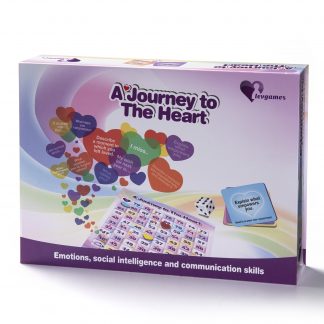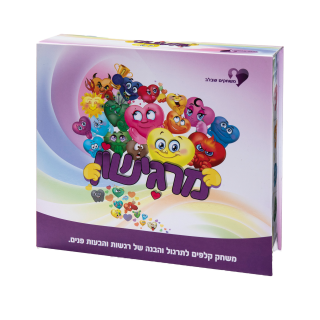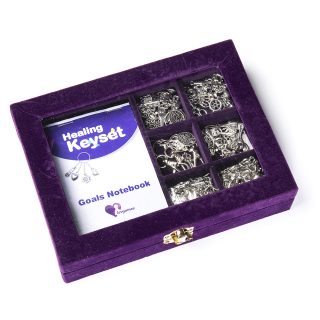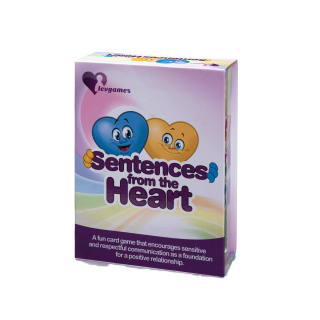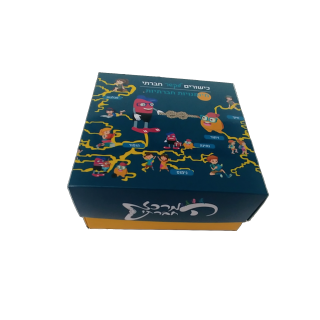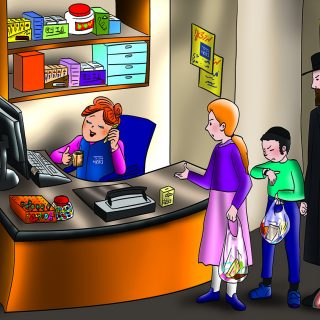Skills for social connection A game for life skills
Skills for Social Connection Game for Life Skills is a unique game set based on a working model for developing and perfecting social skills. An in-depth assessment of the educator and children’s understanding and awareness of the meaning of social intelligence, social skills and social discourse. Assessment is actually about how to act to be a better friend.
Assessment is made up of three aspects that are combined together in order to help children who have difficulty understanding the social world – learning, play and assessment.
Learning: Learn the required social skills.
Game: Play and internalize the skills learned.
Assessment: If necessary, write a social program to advance the child’s goals.
Skills for social connection A game for life skills includes:
Four games including aids: hourglass, cube, notepad and Joker cards.
Forty-nine cards are illustrated with social skills and refer to the 49 learned social skills required to maintain an optimal social connection.
Three social message cards.
Ten Social Situations tabs.
A summary table for evaluating and writing a work plan for the advancement of the social world.
Social Interpretation – Definitions for all social skills.
Social skills
Social skills refer to a person’s variety of skills and abilities that contribute to interpersonal relationships and communication with other people. Some children find that socializing is a skill that comes naturally to them. These are the same children who will always read the situation well and know how to adapt to any situation. For other children, social skills and making social connections can be a challenging process. These children may experience a lack of belonging, difficulty integrating into a group and difficulty understanding social situations. These children may gain from the game social connection skills A life skills game that focuses on improving social skills.
How to improve social skills
Social skills can help a person cope with challenging social situations like social pressure and influence a group atmosphere. Social skills rely on different abilities. Some have more basic abilities, such as eye contact and body language, and some have more complex abilities. Strengthening these abilities helps to improve our understanding of ourselves, and also helps us understand other children, what their intentions are and what their desires are.
Empathy: The ability to put myself in someone else’s shoes, understand their emotional state, and express emotional empathy with them. Empathy helps us understand social situations: it helps us understand other children, share experiences with them and respond to them in a way that suits them.
Emotional Regulation: The ability to control the way I emotionally experience certain events and the way I respond to situations. Social events evoke different emotions in us in different intensities – anger, excitement, surprise, joy and sadness – and we need to respond to these emotions in a way that suits the social group we are in. For example, if a friend has not listened to me, I can regulate the way I feel angry, and also regulate the way I react to her, even if I am very angry with her at the moment.
Identifying Emotions, Thoughts, and Behaviors: The ability to identify and distinguish between emotions, thoughts, and behaviors is an important social skill to deal with different social situations.
The game Social Skills The Life Skills game was developed by Nofar Yerushalmi Safda. More games for social skills.

